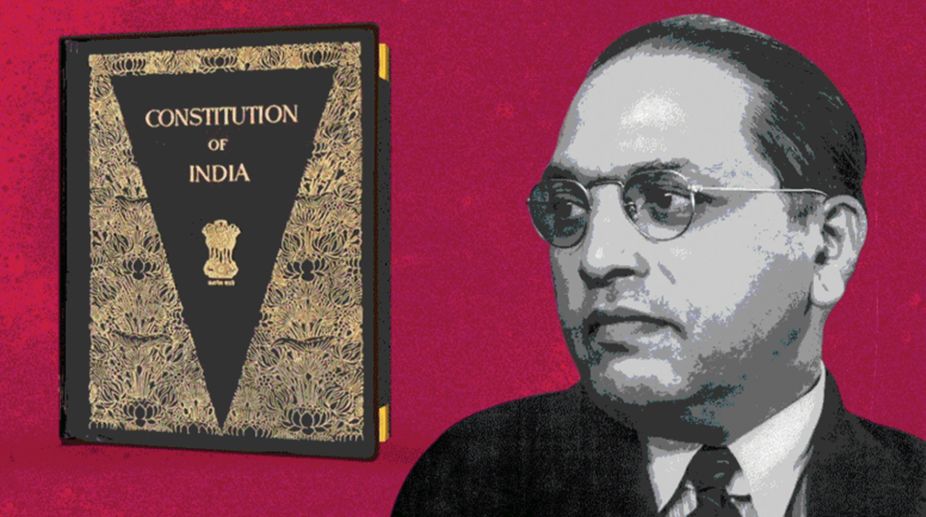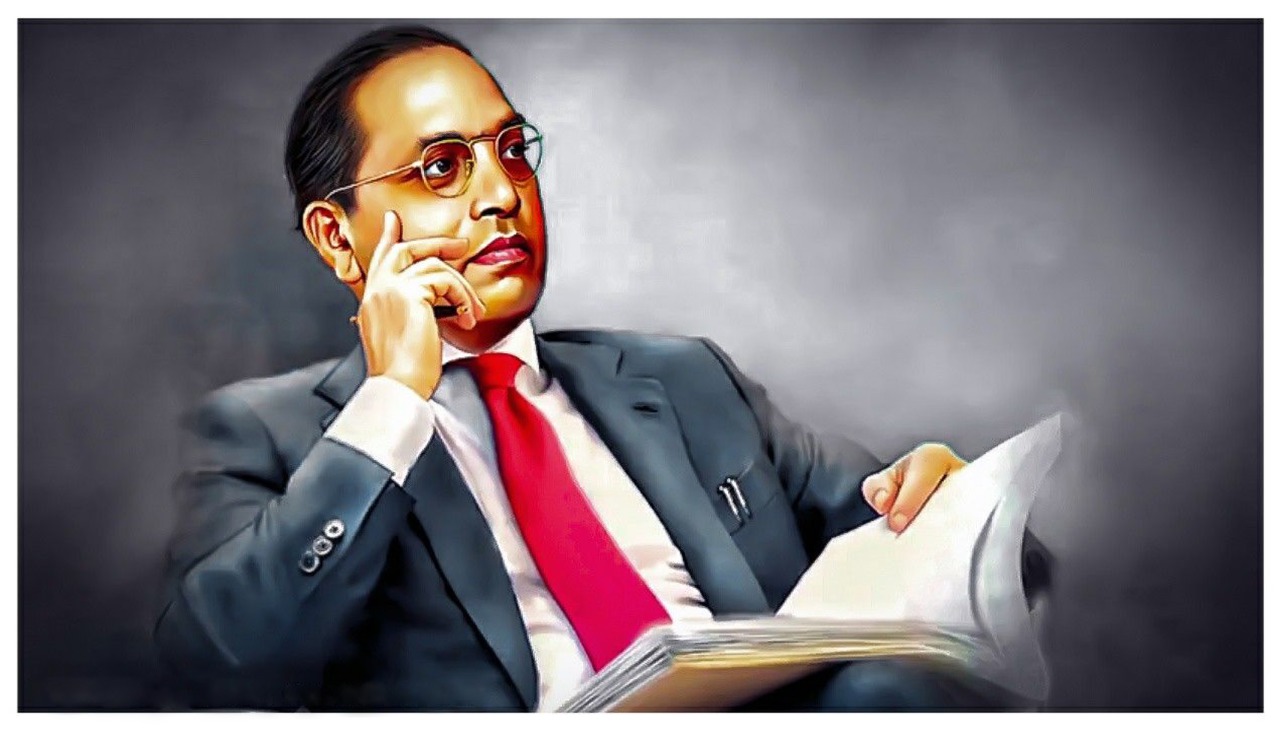Who is B.R. Ambedkar:
Brief Overview of B.R. Ambedkar
B.R. Ambedkar, also known as Bhimrao Ramji Ambedkar, was a distinguished Indian jurist, economist, and social reformer. Born on April 14, 1891, in Mhow, Madhya Pradesh, India, he is highly respected as the main designer of the Constitution of India. His unwavering commitment to championing the rights of the underprivileged groups in society has led to him being known as “The Father of the Indian Constitution.”
B.R. Ambedkar Childhood and Learning Experience
B.R.Ambedkar was born into a Dalit family, previously referred to as “untouchables,” and encountered prejudice and societal marginalization from a young age. Even with difficulties, he enthusiastically pursued education and obtained degrees from renowned schools like Columbia University and the London School of Economics. His success in academics set the foundation for his impressive career as an intellectual and advocate for social change.
 Impact on Indian Community
Impact on Indian Community
Changes in society for the better
Ambedkar devoted his life to combating the caste-based discrimination and inequality that existed in Indian society. He championed the rights of Dalits and other marginalized groups, working to eliminate untouchability and advance social justice. His work resulted in important changes to the law, such as the elimination of untouchability through the Poona Pact of 1932 and the creation of regulations to safeguard the rights of Dalits.
Accomplishments in Politics
Apart from his involvement in social activism, Ambedkar also played a major role in Indian politics. He was selected as the inaugural Law Minister of independent India and had a crucial role in creating the Constitution. The fundamental rights and principles enshrined in the Constitution reflect his vision of a democratic and inclusive society.
Motivational sayings from B.R. Ambedkar.
Fairness and societal equality
– “I gauge a community’s development based on the level of advancement women have attained.”
– The ultimate goal of human existence should be the development of the mind.
Learning and understanding
Learning is the most potent tool that can be utilized to transform the world.
Rights that have been lost cannot be recovered by appealing to the conscience of those who took them away, but only through persistent and determined resistance.
Empowering oneself leads to self-respect.
While a drop of water loses its individuality upon entering the ocean, a man maintains his identity within society. A man lives autonomously. He is not only born for the advancement of society, but also for his own personal growth.
Inheritance and Influence
B.R. Ambedkar’s influence keeps motivating millions globally to battle injustice and inequality. His lessons on social justice, equality, and empowerment are still applicable in modern society, offering direction for individuals working towards a fairer and more inclusive world.
Summary
To summarize, B.R. Ambedkar was more than just a figure from history – he served as a source of inspiration for marginalized groups worldwide. His constant dedication to improving the lives of the underprivileged and his deep understanding of societal change still connect with individuals of all ages. As we honor his memory, may we recall his actions and teachings and work towards creating a fairer and kinder community.
Special Frequently Asked Questions
1. Did B.R. Ambedkar solely concentrate on the rights of Dalits?
Although Ambedkar strongly supported Dalit rights, his vision extended to encompassing wider social reforms to establish a fairer and more inclusive society for everyone.
2. What was Ambedkar’s contribution to the creation of the Indian Constitution?
B.R. Ambedkar was the Chairman of the Drafting Committee of the Indian Constitution and had a key role in determining its structure and principles.
3. What was Ambedkar’s perspective on the significance of education?
Ambedkar thought that education was crucial for enabling individuals to empower themselves and advancing society. He stressed the importance of all members of society having equal access to education.
4. What obstacles did Ambedkar encounter throughout his life?
Ambedkar experienced bias and exclusion from society because of his Dalit heritage. In addition, he faced opposition from those who were conservative and from the upper-caste elite while trying to implement social changes.
5. Why is it important to recognize the impact of B.R. Ambedkar’s legacy in today’s society?
Recognizing B.R. Ambedkar’s legacy is crucial as it highlights the continuous fight for social justice and equality. His lessons motivate us to strive for a society that is more inclusive and fair.

